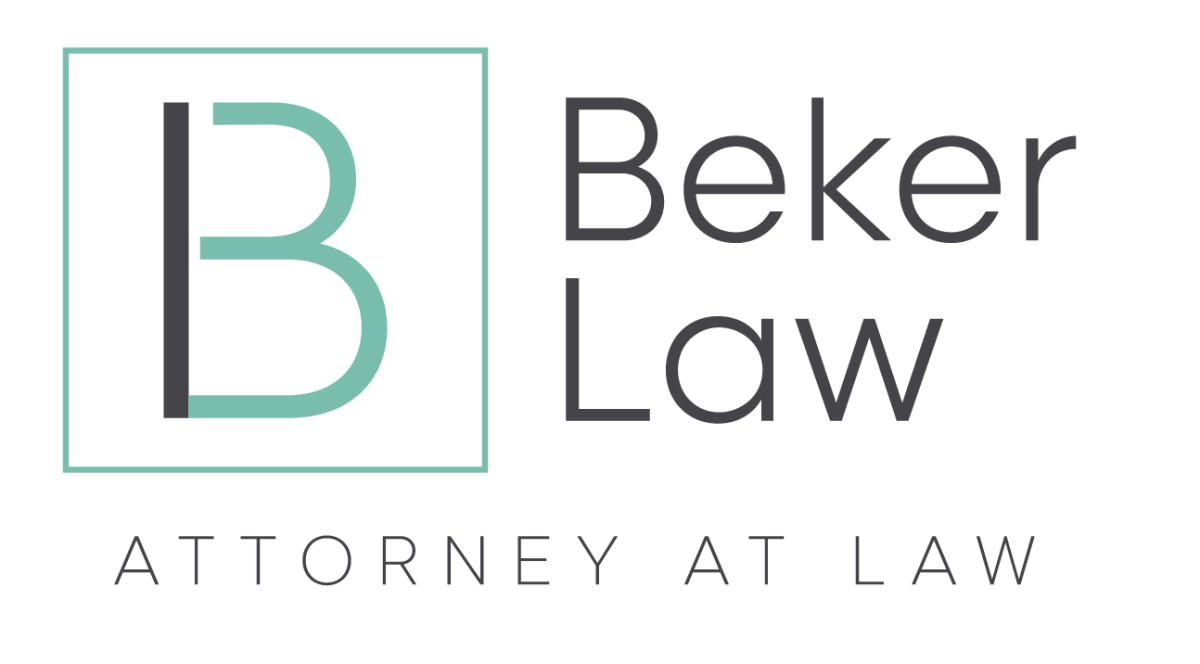What Is Property Insurance?
Property insurance is a broad term for a variety of policies that offer either property protection or liability coverage for property owners. It provides financial reimbursement to the property owner or renter, and to any other individuals who are injured on the property, in the event of damage or theft. Types of property insurance include homeowners insurance, renters insurance, flood insurance, and earthquake insurance. Personal property is usually covered by a homeowners or renters policy, except items that are of high value, which is usually done by adding a "rider" to the policy. Upon filing a claim, the policyholder will receive either the actual value of the damage or the replacement cost to repair the damage.
How Property Insurance Works
Property insurance provides coverage for a variety of perils, including fire, smoke, wind, hail, snow, ice, lightning, and more. It also safeguards against vandalism and theft, protecting both the structure and its contents. Moreover, property insurance offers liability coverage in case someone other than the owner or renter of the property is injured on the premises and decides to file a suit.
Property insurance policies typically do not provide coverage for damage caused by a variety of events, such as tsunamis, floods, drain and sewer backups, seeping groundwater, standing water, and other water sources. Mold damage and damage from earthquakes are usually excluded from coverage as well. Extreme scenarios, such as nuclear events, acts of war, or terrorism, are also not typically covered by these policies.
Understanding Property Insurance
There are three types of property insurance coverage: replacement cost, actual cash value, and extended replacement costs.
- Replacement cost insurance coverage is based on the cost of repairing or replacing property of equal or greater value than the item that was lost or damaged. Instead of receiving the cash value of the item, you get the cost of a new item.
- Actual cash value coverage pays the owner or renter the replacement cost after taking depreciation into account. This means that if the item that was damaged or destroyed was 4 years old, the insurance company will pay out the value of a 4-year-old item, not a new one.
- Extended replacement costs will cover more than the coverage limit if the costs of construction have increased, though this amount is typically not more than 25% of the limit. When you purchase insurance, the limit is the maximum amount of benefit the insurance company will pay for any given occurrence.
Additional Considerations
Homeowners insurance typically provides coverage for physical losses or damages caused by 16 perils, including fire, vandalism, and theft. This type of coverage, known as an HO3 policy, includes some conditions and exclusions. These policies usually have limits on the coverage of certain valuables, such as gold, wedding rings, furs, cash, firearms, and other items. An HO3 does not cover accidental breakage/damage or mysterious disappearance of valuables, such as fine art and antiques.
16 Named Perils:
- Fire or lightning
- Windstorm or hail
- Explosion
- Riots
- Aircraft
- Vehicles
- Smoke
- Vandalism
- Theft
- Falling objects
- Weight of ice, snow, or sleet
- Accidental discharge or overflow of water or steam
- Sudden and accidental tearing, cracking, burning, or bulging
- Freezing
- Sudden and accidental damage due to short-circuiting
- Volcanic Eruption
HO5 coverage is similar to HO3 policies but is more focused on the structure of the home and the property within, including furniture, appliances, clothing, and other personal items. This coverage does not include protection from earthquakes or floods. HO5 policies are available for homes built in the last 30 years or renovated within the last 40 years and generally cover damages at replacement cost.
HO4 coverage, also known as renter's insurance, is designed to protect tenants from losses of personal property and liability coverage. It does not provide coverage for the actual rented home, which should be covered by the landlord.
None of these policies will cover property that breaks down or is damaged due to normal wear-and-tear, such as a leaking roof caused by regular use. Home warranties can be useful in these types of situations.
Key Takeaways
- Property insurance refers to a series of policies that offer either property protection or liability coverage.
- Property insurance can include homeowners insurance, renters insurance, and flood insurance, among other policies.
- The three types of property insurance coverage include replacement costs, actual cash value, and extended replacement costs.
Property Insurance Lawsuits
If your property has suffered damage and you are having difficulty obtaining a settlement from your insurance provider, it may be beneficial to contact an insurance attorney. An attorney can evaluate your case and provide advice on the most effective way to proceed, as the claims process can often become bogged down in disputes. People rely on insurance providers to be there for them in difficult times, but sadly, sometimes insurance companies fail to meet their obligations or our expectations. Speak to an insurance attorney if you need a helpful resource in navigating the claims process.



























